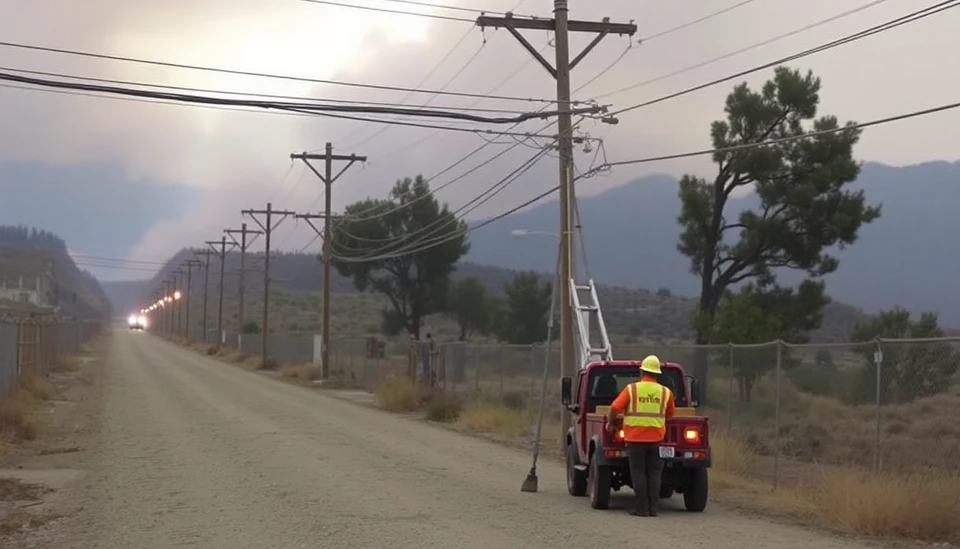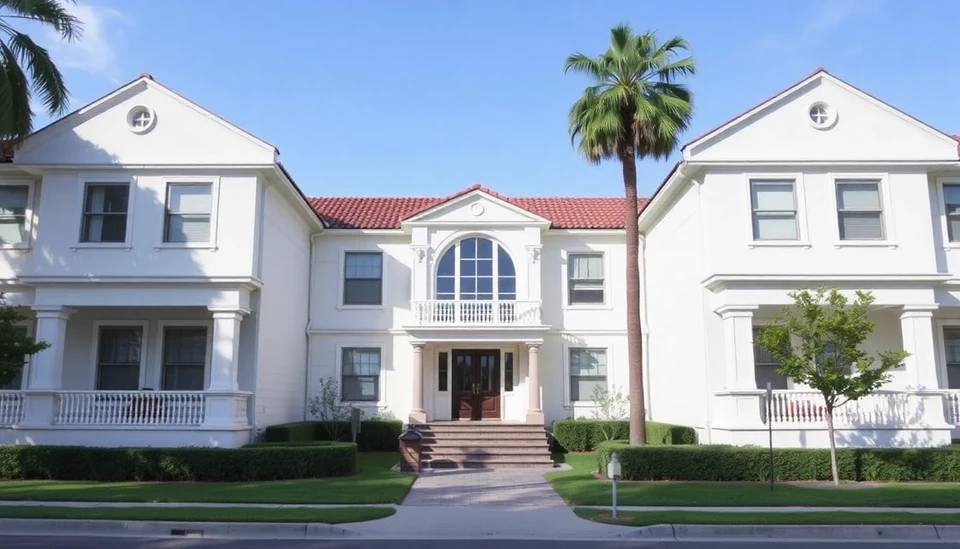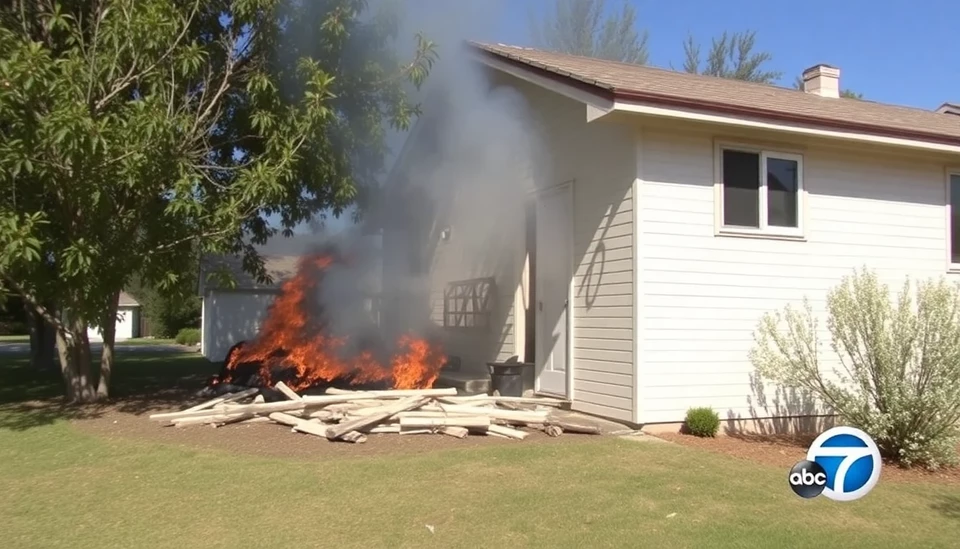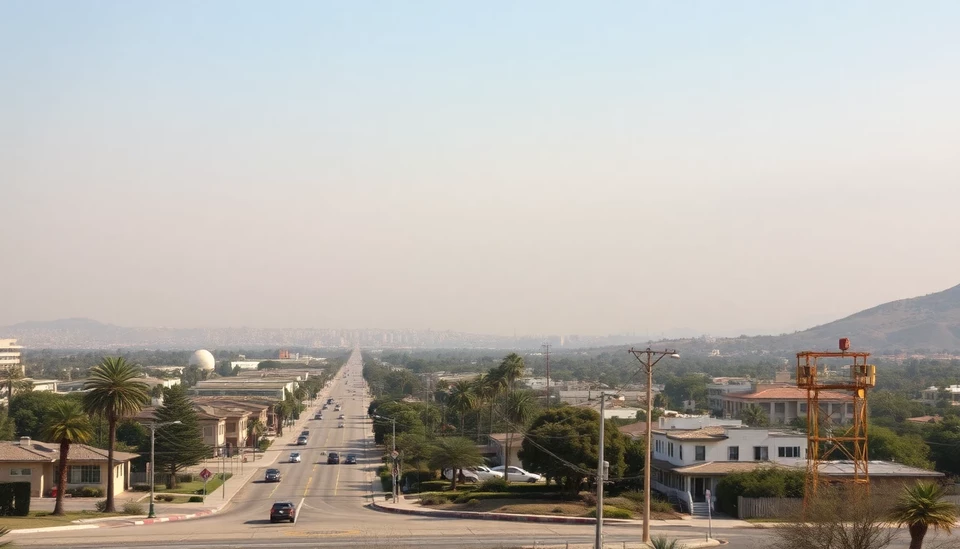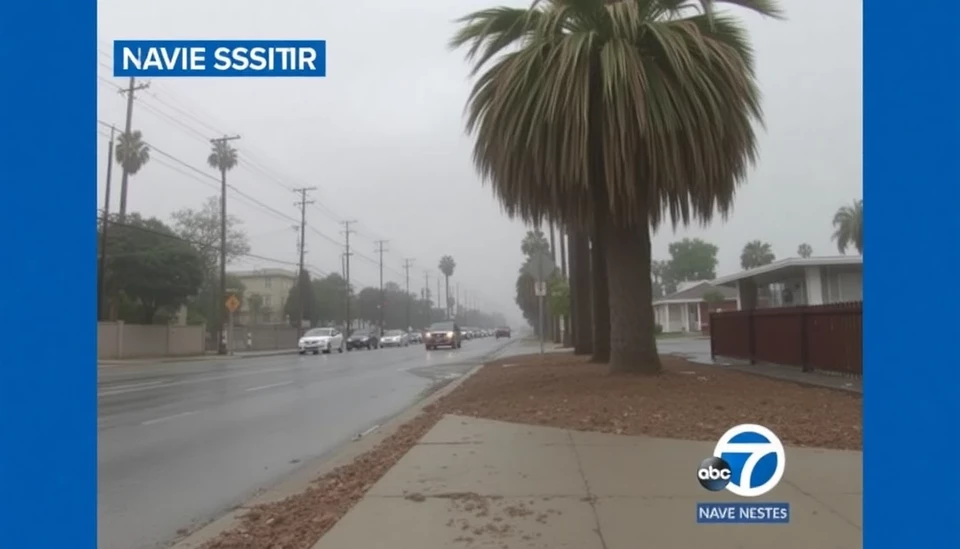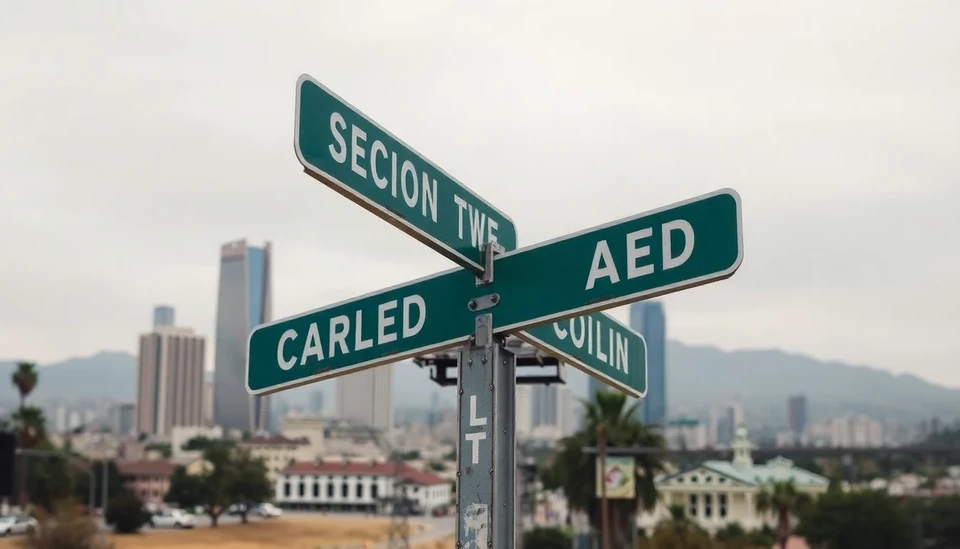
As the city of Los Angeles grapples with a growing crisis, an alarming trend has emerged within the insurance sector, threatening the stability and safety of the region. Insurers are tightening their policies or withdrawing altogether from high-risk areas, leading to what experts are calling an "insurance doomsday." This situation is exacerbating challenges for homeowners, businesses, and the local government alike, creating a perfect storm of uncertainty and financial strain.
Recent data indicates a significant decrease in available insurance options for properties located in wildfire-prone areas, exacerbated by increasing climate change-induced risks. Residents in neighborhoods such as the San Fernando Valley are finding it increasingly difficult to secure coverage, as insurers either hike premiums to astronomical levels or refuse to insure properties altogether. This presents a dire situation for those who rely heavily on insurance for protection against the next natural disaster.
The crisis is not limited to residents alone; businesses are also feeling the pinch. Small business owners, particularly those in vulnerable regions, report skyrocketing costs and reduced availability for essential coverage. The repercussions of these insurance challenges are broad-reaching; without adequate protection, many local enterprises face potential closure, resulting in massive job losses and a dent in the economic fabric of the city.
City officials are raising alarms, stating that this trend could lead to an increase in uninsurable properties, which would impact property values and tax revenues. Mayor Karen Bass emphasized the need for urgent legislative action to help address the issue, suggesting that without swift intervention, the city's recovery from disasters could become severely hampered. Lack of affordable insurance could transform the landscape of Los Angeles, altering demographics and driving down community resilience in the face of natural disasters.
In response to the growing crisis, state lawmakers are exploring potential solutions. Proposals to incentivize insurance companies to remain in high-risk communities are on the table, as well as the introduction of state-backed insurance programs aimed at enhancing support for vulnerable homeowners. The debate continues, but the clock is ticking, and the stakes are high for a city already under threat from the impacts of climate change.
The urgency of this situation cannot be overstated. As insurance companies reassess their risk models and adapt to the new realities of climate-related disasters, homeowners and businesses in Los Angeles await the outcomes of legislative efforts that will shape the future of property insurance in the region. The collective anxiety over the "insurance doomsday" serves as a stark reminder of the interconnectedness of climate risk, economic health, and urban resilience.
As the city contemplates its next steps, one thing is clear: immediate action is needed to avert a larger crisis that could reshape what it means to live and do business in Los Angeles. Residents must remain vigilant and engaged, advocating for comprehensive measures that protect their communities and livelihoods from the void left by disappearing insurance options.
In conclusion, Los Angeles stands at a critical juncture; how the city responds to this unfolding crisis may well determine its future sustainability and resilience against the elements.
#LosAngeles #InsuranceCrisis #ClimateChange #UrbanResilience #Homeowners #SmallBusiness #LegislativeAction #NaturalDisasters
Author: Megan Clarke
